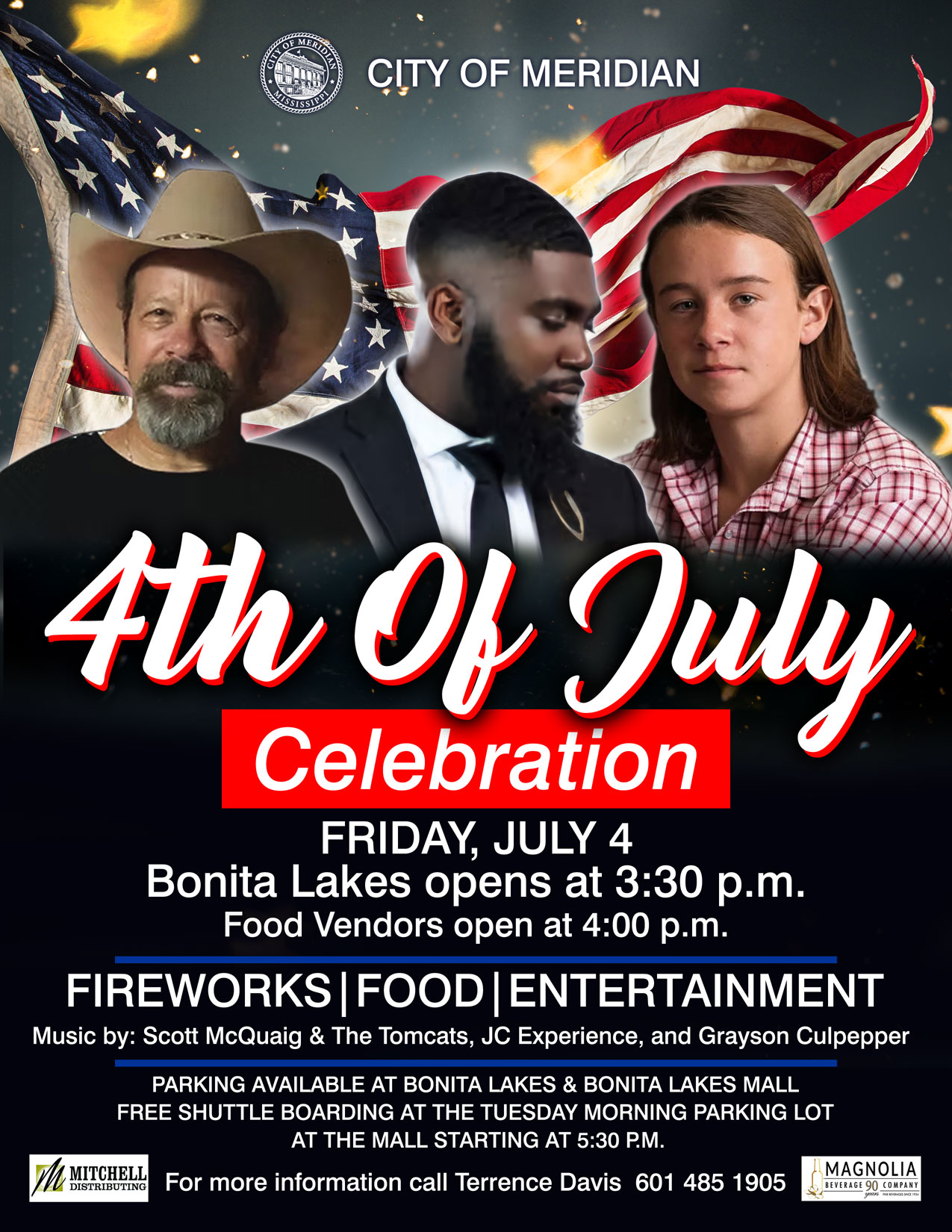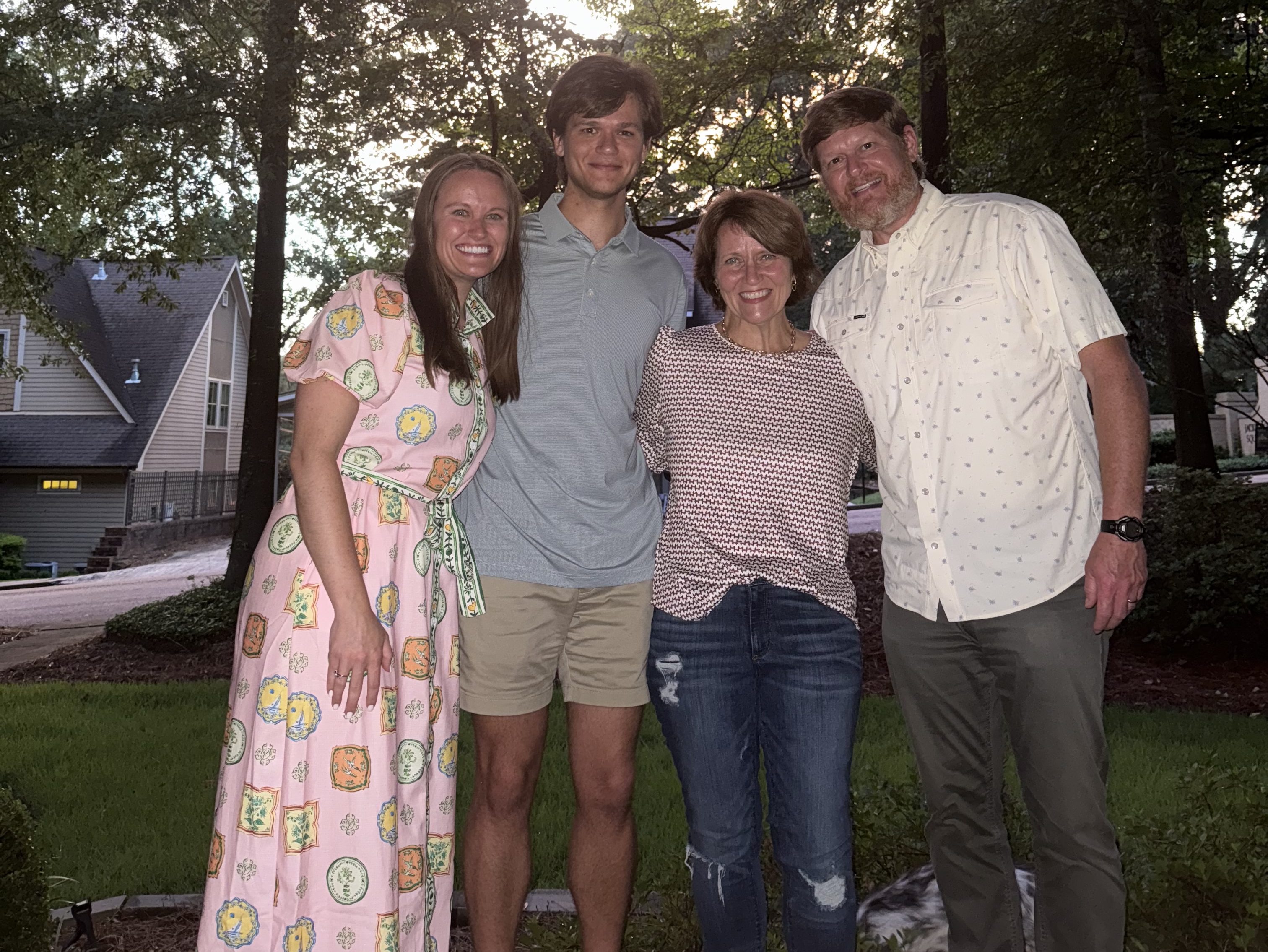Meridian’s Wechsler School still has lessons to tell
Published 2:45 pm Monday, April 9, 2018

- Robbie Ward / The Meridian Star Wechsler Foundation board of directors president Edward Lynch views the former cafeteria of the Wechsler School.
Edward Lynch recently walked through the numerous sections of the Wechsler School in Meridian and saw more than a neglected, abandoned building of the past, a local African-American landmark that has seen better days.
As Lynch walked through the building with broken windows, trails of bird droppings and vandalism, he said he saw a brighter future in the property so significant to the community’s past. Using a flashlight application on his smartphone to navigate the darkened hallways, he envisioned a day when the school opens its doors again to students of all ages.
“It’s not going to be an overnight project,” he said.
The project will likely take years but has meaning as among the most significant existing facilities in the community related to the struggle of blacks to gain equality.
The Wechsler School began during an era of school segregation and is the among the last remaining structures associated with the civil rights movement of the 1950s and 1960s. Less than a block away, property where the Meridian Baptist Seminary operated the Freedom School is a vacant lot. The building was destroyed in a fire in 2007.
The downtown Carnegie library for black people no longer exists, and neither does the headquarters for the Council of Federated Organizations, which registered black people to vote.
That’s why many people in Meridian see even more significance in restoring the Wechsler School.
A Meridian native, Lynch teaches workforce development at Meridian Community College and serves as president of the Wechsler Foundation Board of Directors. The nonprofit organization was formed in 2015 to focus on improving the condition of the former school property and provide educational, community, social, and economic support and cultural enrichment through resources, infrastructure and facilities.
Mable Oatis, a retired English teacher and Wechsler Foundation board member, said the current condition of the facility limits access to the public inside the building. She said the need to provide STEM-related after school programing and history of the property makes it critical to restore.
“We’ve been working, working, working almost day and night to make sure it doesn’t go the way of all of the others.
The Wechsler School was the first brick school in Mississippi, built for black students using public money. It opened in 1894, expanded in 1914 and had an addition built in 1951. The school taught first through eighth grades and expanded to the 12th grade in 1921. It was the first public school in east-central Mississippi to offer diplomas to black people. It also began educating teachers to renew their teaching licenses and later began graduating teachers from the school.
The property was added to the National Register of Historic Places in 1991 and designated a Mississippi Landmark in 1993.
After black high school students were taught at a different location, T.J. Harris High School in 1937, Wechsler continued to educate elementary and middle school black students for more than 30 years. The facility was used as a kindergarten for white and black children from 1971 to 1983. The site has since been used for community events but has experienced a decline and disrepair.
The Mississippi Department of Archives and History provided $107,000 a year ago to repair the roof with the 1951 addition to the property.
As part of the a national effort to preserve sites related to the African American struggle, the U.S. Department of the Interior and the National Park Service announced a $500,000 grant in March to help restore the Wechsler School.
The Meridian City Council recently agreed to assist the Wechsler Foundation with leveraging the grant for an additional $500,000 through a federal Community Development Block Grant.
The building also serves as a repository of photographs, class signs and other mementoes from the black schools of Meridian’s segregated public school history. But disrepair of the building has allowed some materials to be damaged.
“For this building not to come back, it would be criminal,” Lynch said, walking from the former auditorium to the cafeteria.
He said the National Park Service grant will allow first-floor sections of the 1951 addition of the building to have bathrooms in compliance with the Americans with Disabilities Act, update electrical wiring in the building and create a caterer’s kitchen to provide food at events.
The Wechsler foundation organizes tours of the school and holds events at the property. In 2017, the site hosted a traveling exhibit related to the Tuskegee Airmen, including a flight demonstration by the P-51C Mustang, the plane the African-American airmen flew.
Longterm, Lynch said he envisioned students at the 1430 30th Ave. campus for after school activities. He talks of students learning how to code and program computer applications at the former school. He talks of science, technology, engineering and math program such as kids learning how to operate drones.
But the place looks worlds away from what Lynch describes.
The cafeteria is littered with broken cups. A bathroom has broken toilets. But other rooms still hold on to history. A display of photographs from the civil rights movement showing work at the Meridian Freedom School and other historic moments remains in the hallway at the entrance of the school.
Members of the Wechsler Foundation have visited other sites in other cities and states to learn how they’ve revitalized and contributed to their communities. He said the foundation could acquire and improve blighted property in the surrounding area and sell or rent it as a means of income.
Lynch said a revitalized school facility has potential to improve the community on many levels but requires persistence and the ability to dream beyond what currently exists. He said the situation reminds him of what he asks adult students at the beginning of his entrepreneurship course.
“I always ask them if they believe anything is possible,” he said. “I do.”





